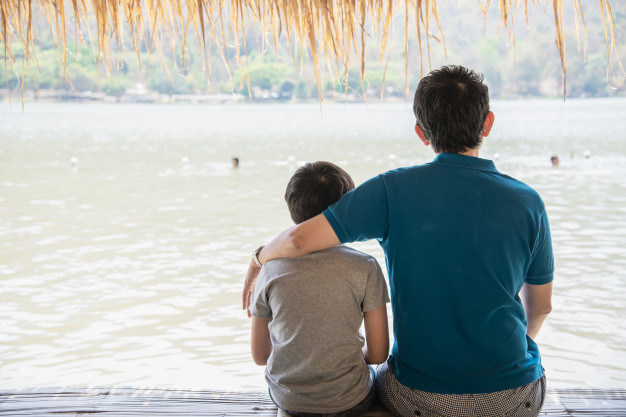Tips for taking care of young caregivers. Let’s help those who help.

Young and adult caregivers’ emotional and physical health are usually highly affected: anxiety, depression or feelings of isolation, lack of physical activity, unhealthy eating habits, etc.
In this article, we give you some tips to help young caregivers take care of their particular needs, contributing to their correct emotional development before life responsibilities become too overwhelming.
- Be a friend. It is convenient for parents and other family members to spend time with the young caregiver. Learning time, support, but also leisure. Feeling that we cannot do the same as other children and young people our age generates feelings of inferiority and frustration. It is convenient, in the best possible way, to pay attention to efficient communication and leisure within the family. Siblings of sick children have their own needs, which must also be addressed.
- Strengthen constant communication within the family. Sharing kind words, asking about their interests or involving them in certain decisions that affect their sibling will make them feel part of the family and involving them will ensure they do not feel isolated and different.
- Share with other children or adults. Encouraging young caregivers to express their feelings will help them emotionally to build a strong personality. Expressing feelings and sharing concerns is a projection technique that alleviates suffering. Mutual support groups for siblings are also convenient since they create a group of people of reference who share the same feelings and concerns.
- Establish rest and leisure time. If we anticipate that there are leisure activities or moments that not all family members can participate in, let's brainstorm feasible activities and establish a personal commitment to carrying them out. In this regard, the young caregiver could engage in leisure groups, such as sports or cultural teams, which would consistently provide activities on their weekly schedule. Similarly, whenever feasible, this suggestion should also extend to the parents, while always bearing in mind that young caregivers are still children and teenagers with their own leisure requirements.
- Share the responsibility. Ask the young caregiver to perform important tasks related to the care of the sick child, but tasks requiring a low level of responsibility. For example: going to the grocery store to buy food for the sick sibling, taking care of the sick sibling while you do house stuff, etc.
Children and teenagers need time to play and have fun, and if they are siblings and caregivers of a child affected by a rare disease they have their own special needs. Let’s never forget to take care of them, but do not forget either to engage them in the care of their sibling. There is nothing more rewarding than helping a loved one, but we must ensure that young caregivers do so at an appropriate level for their age and capacities.
